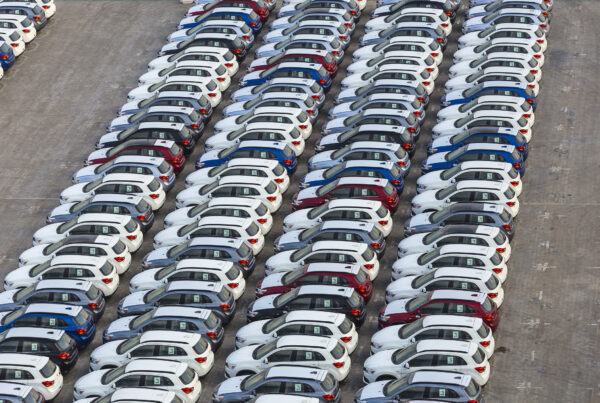Thailand has recently introduced a new tariff-free package for hybrid cars manufactured in the country. According to the Board of Investment (BOI), the government will reduce excise taxes for hybrid vehicles from 2028 to 2032.
As a major auto production hub in Southeast Asia, Thailand has long hosted global giants like Toyota and Honda. Recently, Chinese electric vehicle (EV) makers such as BYD and Great Wall Motor have revitalised the industry, prompting Thailand to offer new incentives to stay competitive.
BOI Secretary-General Narit Therdsteerasukdi explained, “Hybrid vehicles are crucial for the shift to electric mobility. Thailand is well-positioned to become a leading producer of hybrids, and supporting this sector will also help sustain our auto parts manufacturing.”
Under new directives from Thailand’s National Electric Vehicle Policy Board (EV Board), automakers seeking to benefit from the reduced consumption tax must invest a minimum of 30 billion baht (around $1.29 billion) in the country between 2024 and 2027. To qualify, they must meet several stringent criteria:
- Technological Enhancement: Investments must advance hybrid electric vehicle (HEV) technology to meet the latest technical and emission standards.
- Local Production: Vehicles must include key components manufactured in Thailand.
- Advanced Technology: Vehicles must feature at least four advanced driver-assistance systems (ADAS), such as automatic emergency braking and lane-keeping assistance.
- Emission Compliance: Vehicles must adhere to strict carbon dioxide emission limits in line with the Thai government’s environmental goals.
This strategy aims to attract around 50 billion baht (about $2 billion) in new investments.
The government has also introduced measures to support the development of electric vehicle charging stations and the supply chains for hybrid vehicle components, further enhancing the automotive ecosystem.
Currently, seven automakers are receiving incentives from the BOI, including four from Japan and three from China. The new policy highlights Thailand’s commitment to adapting its automotive industry to global market changes and supporting the transition to greener technology.
Did you find this article interesting? Click the ‘heart’ button above to give it a ‘like’.


















